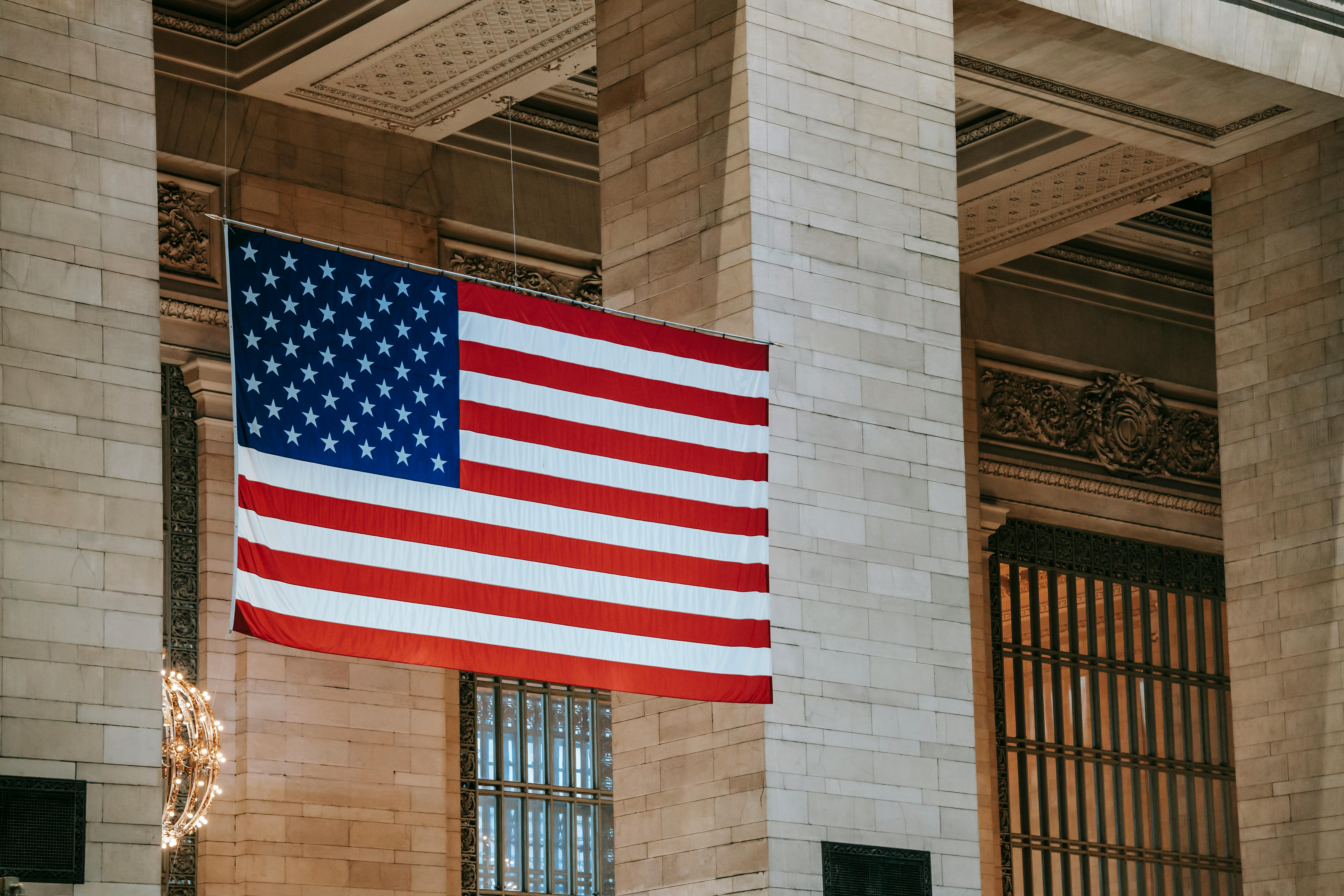The state of New York is pioneering significant legislation aimed at curbing the influence of social media on children by targeting the algorithms that drive addictive behaviors. This ambitious legislative effort, primarily focused on protective measures against algorithmically driven content, is sparking widespread discussion and could potentially set a trend nationwide. Concerns over the mental health impacts and privacy risks associated with social media consumption by minors have mobilized lawmakers to impose stricter controls on tech giants, attempting to shift the landscape of social media engagement for the younger population. With the support of influential figures like Governor Kathy Hochul and Attorney General Letitia James, as well as advocacy from various parental and civil groups, New York's legislation could serve as a model for other states reflecting on similar issues.
Overview of New York's Legislative Action

Photo by Charlotte May / Pexels
Details of the New York legislation banning addictive social media feeds
The New York legislation, a leader in the national discourse on digital safety for children, introduces stringent mandates for social media companies. The Stop Addictive Feeds Exploitation (SAFE) for Kids Act restricts access to addictive algorithmic feeds for users under 18 unless parental consent is obtained. This act targets the way social media exploits algorithmic feeds to capture and hold the attention of young users, leading them to potentially harmful content. Moreover, the New York Child Data Protection Act prohibits online entities from harvesting personal data from minors without explicit and informed consent. These legislative measures are set to transform the digital landscape by putting back control in the hands of parents and guardians, aiming to curb the ongoing mental health crisis among the youth exacerbated by social media.
Key figures and advocates behind the legislation
Governor Kathy Hochul has been a prominent advocate for this pioneering legislation, celebrating its passage as a significant advancement in protecting children online. Senator Andrew Gounardes and Assembly member Nily Rozic have been instrumental in sponsoring and pushing the legislation forward. With the support of New York Attorney General Letitia James, and with endorsements from various advocacy groups and concerned citizens, the legislative framework aimed at safeguarding children’s online presence has seen robust backing. Prominent figures like Letitia James have highlighted the urgency of addressing social media's role in the youth mental health crisis, affirming the state's commitment to prioritizing children’s well-being over big tech profits.
Implications and Impact of this Legislation

Photo by RDNE Stock project / Pexels
Potential national influence of New York's legislation
New York's legislative actions against addictive social media practices could set a precedent much like California's influence with vehicle emissions standards. The implementation of these laws could encourage other states to adopt similar measures, creating a ripple effect across the country. This state-level initiative reflects a growing recognition of the need for serious reforms in how social media platforms engage with younger audiences. If successful, these regulations could forge a path for national policies, fundamentally altering the operational paradigms of social media giants in the U.S.
Reactions from technology companies and legal challenges
The tech industry has voiced significant concerns, with entities like Tech: NYC and NetChoice pointing out potential issues regarding age verification, data privacy, and free speech. Social media companies are expected to mount legal challenges, citing concerns over the feasibility and constitutionality of such laws. Despite these challenges, the legislation is seen as a crucial step toward reining in practices deemed harmful to children. Companies might have to drastically alter their approach to how they engage with users under 18, potentially setting a new standard for digital interactions in the social media domain.
Expected changes in social media platform operations
Assuming these laws withstand potential legal challenges and go into effect, social media platforms will need to implement new systems for age verification and parental consent. They will be compelled to modify their algorithms to exclude addictive feeds for users under 18 unless consent is given. This could lead to a larger overhaul of how content is curated and presented to young users, aiming to create a safer, less exploitative online environment. The push for these changes demonstrates a shift towards prioritizing mental health and wellness over platform engagement and ad revenue.
Opposition and Controversies

Photo by julien Tromeur on Unsplash
Criticisms from various stakeholders and experts
The initiative to restrict social media for kids in New York has sparked a wave of criticisms from multiple sectors, including technology companies, free speech advocates, and some community organizations. Big Tech firms, represented by groups such as NetChoice and Tech: NYC, have voiced strong opposition, arguing that the legislation potentially infringes on free expression and could stifle innovation in the digital realm.
Critics also assert that the bills are overly broad and unclear, particularly with regards to the mechanics of age verification and the definition of what constitutes 'addictive' feeds. This lack of clarity, they argue, can lead to inconsistent enforcement and uncertainty for social media companies about how to comply with the laws.
Furthermore, the tech industry highlights potential unintended consequences such as the alienation of under-documented youth from online services due to stringent age verification processes, which might require government ID, thus limiting their access to online resources and communities.
Concerns over privacy and the feasibility of age verification
The aspect of age verification has drawn significant privacy concerns. The requirement for social media platforms to determine and verify the age of their users introduces complex issues regarding data privacy. Collecting additional personal information could make young users more vulnerable to breaches and misuse of their personal data.
Privacy advocates question the methods that will be employed to verify age without infringing on users' privacy rights. According to opponents, existing technologies for age verification might either be too intrusive, collecting excessive data, or insufficiently accurate, raising the risk of either blocking access unjustly or failing to protect minors as intended.
Additionally, the technology sector criticizes the feasibility of implementing robust age verification systems that are both effective and respectful of privacy. They warn of the technical challenges and high costs associated with developing and maintaining such systems, which could stifle smaller companies more than larger ones, potentially skewing the competitive landscape.
The debate in New York is basically a dialogue about the balance between protecting children online and preserving the rights and privacy of all internet users. As the legislation progresses, these issues of privacy, feasibility, and free speech remain central to the conversations among lawmakers, tech companies, and civil rights organizations.






